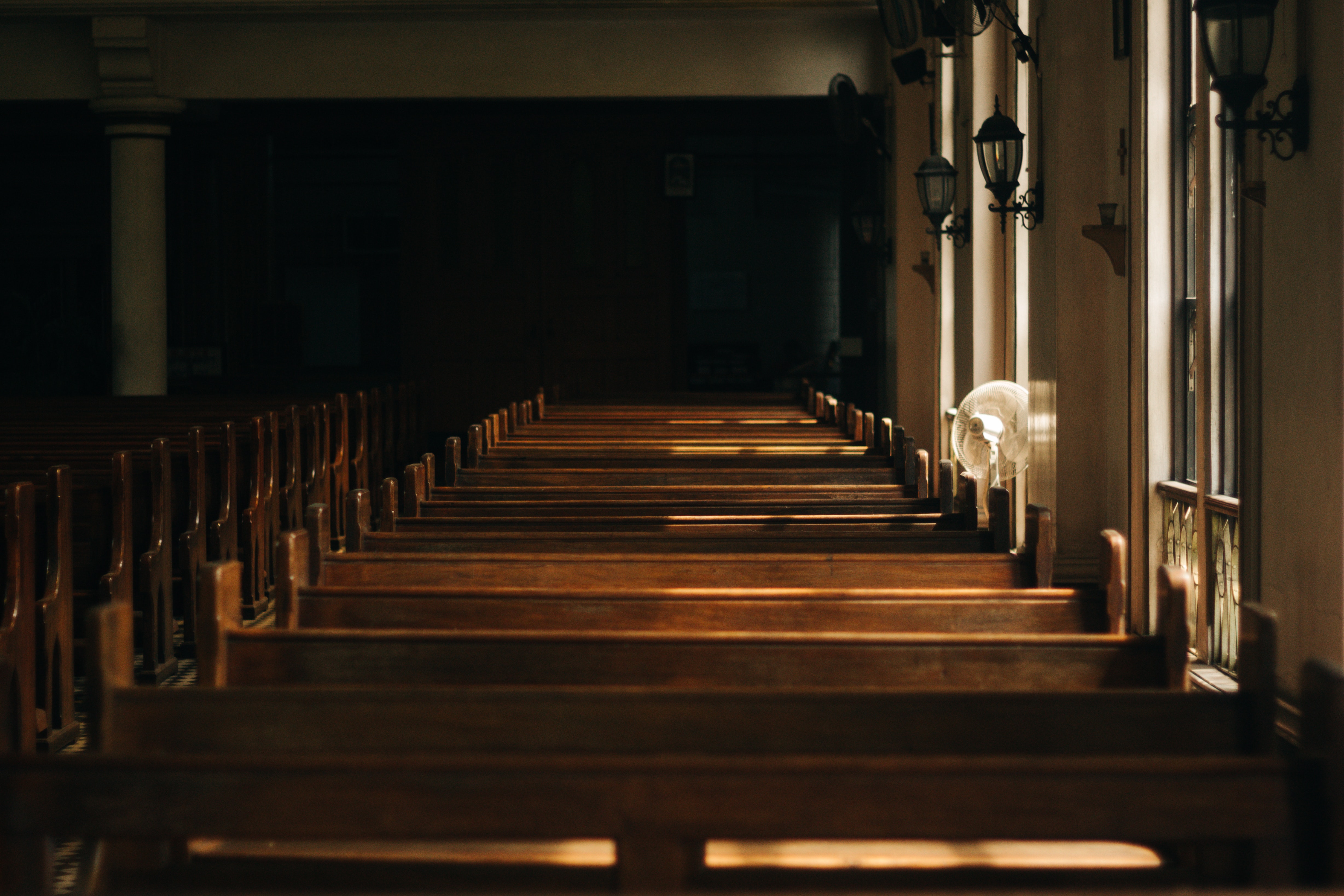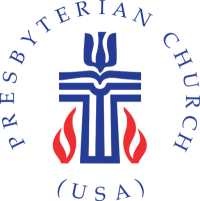Are you aware that you are still required by law to register for the draft? I can hear your incredulity detector going off from here. “We have an all-volunteer military,” you say, “so the draft is an anachronism from WWII and the Vietnam War.” And you would be right, except that in 1980, as a nod to Cold War readiness, President Carter reinstituted the requirement for all males 18-26 years of age to register with the Selective Service. Women are currently exempt from this law.
In order to coerce participation, the government has enacted punitive laws that can deny, among other things, federal financial aid to college students and employment with the federal government. And if that weren’t enough, it is a federal felony with the potential of a $250,000 fine and up to five years in jail.
So, most young men comply with this requirement without a second thought. But in so doing, you may be missing an opportunity to decide for yourself whether you actually believe in war and violence. One of the most important things you can do for yourself and the world is learning to listen to and trust your own conscience. Many who have neglected their consciences are now suffering what psychologists have begun to call “moral injury.”
___________________________________________
Whether you agree or disagree with the wars in the Middle East, this requirement for young men to register for the draft presents you with an opportunity to reflect on your values.
___________________________________________

Whether you agree or disagree with the wars in the Middle East, this requirement for young men to register for the draft presents you with an opportunity to reflect on your values. Amidst all the shoot-em-up video games, the cycle of mass shootings in schools and places of worship, and our overall culture of violence, what do you actually believe about violence and war?
Do you believe in the myth of redemptive violence, that violence can ultimately save us? Or do you, like Christ, Dr. Martin Luther King, Jr. and others, believe that violence is a “descending spiral, begetting the very thing it seeks to destroy”? Or, perhaps you haven’t really taken the time to think about any of this before.
If the last of these applies to you, it’s understandable. Why would anyone wrestle with these difficult issues without Uncle Sam knocking at your door? Our culture does not encourage you to explore such questions or your own conscience, and the Selective Service does not make this easy either. All the students that I’ve spoken with express concern like that of Dan Walls, a PhD candidate:
“As I think back, I ask myself the question of how I could have made a decision with literally life-altering potential so lightly. In my case, the absence of an honest assessment of conscience and conversation at the time of my enrollment troubles me.”
As a young man who is required by law to register with the Selective Service, you have three options. First, you can comply with the law, register with the Selective Service and call it a day. You may have already done this and are comfortable with your decision.
Second, you could refuse to comply and just not register. If you don’t intend to take advantage of federal student loans or work for the government, this isn’t an irrational decision. The government does not go out of their way to enforce this law so the risk of prosecution is very small. However, be prepared for what happened to Malachi Dray who, when he delayed registration, received a menacing letter from the government.
___________________________________________
Although the law only applies to young men, these questions concern everyone.
___________________________________________
The third option is to comply with the law by registering as a conscientious objector. A person’s choice to be a conscientious objector can be, but does not need to be, the result of religious conviction, as long as it is a “firm, fixed and sincere objection to participation in war.”
Although the law only applies to young men, these questions concern everyone. I encourage men, women, and people of any gender identity to explore your consciences and what you actually believe about the use of war and violence. Find those who are exploring these questions and do the soul searching that such a decision deserves. Parents of children can help by introducing children to these options well before they face this decision. If you have not yet registered, decide which option works best for you. And even if you have registered, and you would like to explore other options, it is not too late.
You can find more information about how the Presbyterian Church (USA) will support you here: Presbyterians and Military Service. Some conscientious objectors have found support within the “Peace Church” tradition within the PCUSA. For more information about this tradition within the church, contact the author.
Editor’s Note: To read about one conscientious objector’s experience, and how his church supported him by going through the Peace Church process, see a recent article by Chris Iyer.
***
Author Bio: The Rev. Geoff Browning is the Peacemaking Advocate for the Presbytery of San Jose. He previously served as campus minister with United Campus Christian Ministry at Stanford University from 2007 – 2017.



Unbound Social